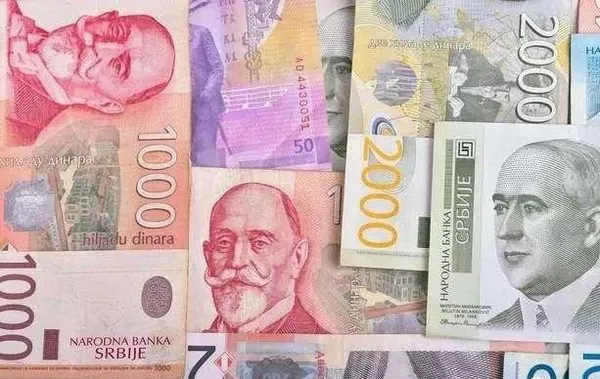Sterling has retreated as investors worry that raising interest rates by the Bank of England (BoE) will curb economic activity in the UK. GBP/USD looks well supported as inflationary pressures in the UK region top 8.5% and show no signs of easing despite restrictive monetary policy.
Investors are turning their attention to global PMI data to gauge the impact of higher interest rates to tame stubborn inflation. The UK manufacturing PMI for June is expected to show stability but remain in contraction.
GBP is likely to remain under pressure ahead of the release of the S&P Global Manufacturing PMI data (June). The economic data was considered steady at 46.2. A number below 50.0 is considered a contraction.
The Bank of England’s (BoE) hike in interest rates weighed on economic activity in Britain as businesses said “no” to new credit to avoid higher interest obligations.
Bank of England policymaker Silvana Tenreyro is against raising interest rates further, because any further tightening risks having to make a sharp U-turn. She further added that further tightening was already in the pipeline.
Contrary to Tenreyro, BoE Governor Andrew Bailey favored further rate hikes as the UK economy grapples with more persistent inflation.
In his speech at the European Central Bank (ECB) forum, Andrew-Bailey distinguished how high interest rates would go and how long they would need to remain at their peak.
Financial markets expect the Bank of England to raise interest rates to 6.25% from the current state of 5%.
Britain and other European powers are expected to announce for the first time plans to breach the 2015 Iran nuclear deal when they confirm they will not lift sanctions on Tehran over its use of missiles, the Guardian reported.
Market sentiment was calm as investors stepped aside ahead of the quarterly results season.
The U.S. dollar index has climbed sharply above 103.00 ahead of the release of the U.S. ISM manufacturing PMI data.
The manufacturing PMI is seen expanding to 47.2 from 46.9 previously reported.
Investors should note that the US Manufacturing PMI has been contracting for the past 7 months and is expected to continue the contraction spell as the Federal Reserve (FED) raises interest rates.
Fed Chairman Jerome Powell reiterated that more rate hikes are appropriate. He further added that the June pause bought some time for the central bank to assess monetary policy conditions.
Atlanta Fed President Rafael Bostic said last week that the central bank has reached a point where it can cap interest rates enough to bring inflation down to 2%.
GBP/USD hopes to regain the integer mark resistance of 1.2700 after a V-shaped recovery from 1.2600. GBP/USD is supported by the 200-period exponential moving average (EMA), which suggests that the long-term trend is bullish. The asset is generally trading in an ascending channel, where every pullback is considered a buying opportunity for market participants.
Momentum oscillators show that the upward momentum has exhausted, however, the upward trend has not yet faded.


